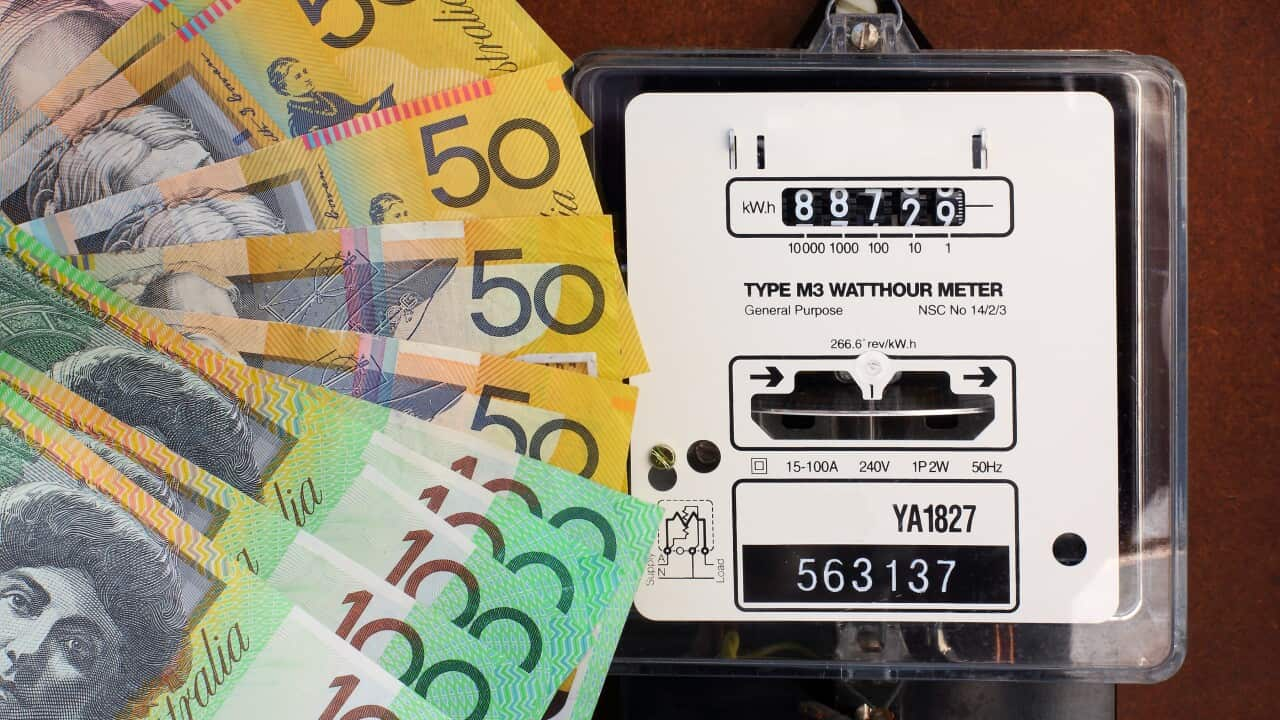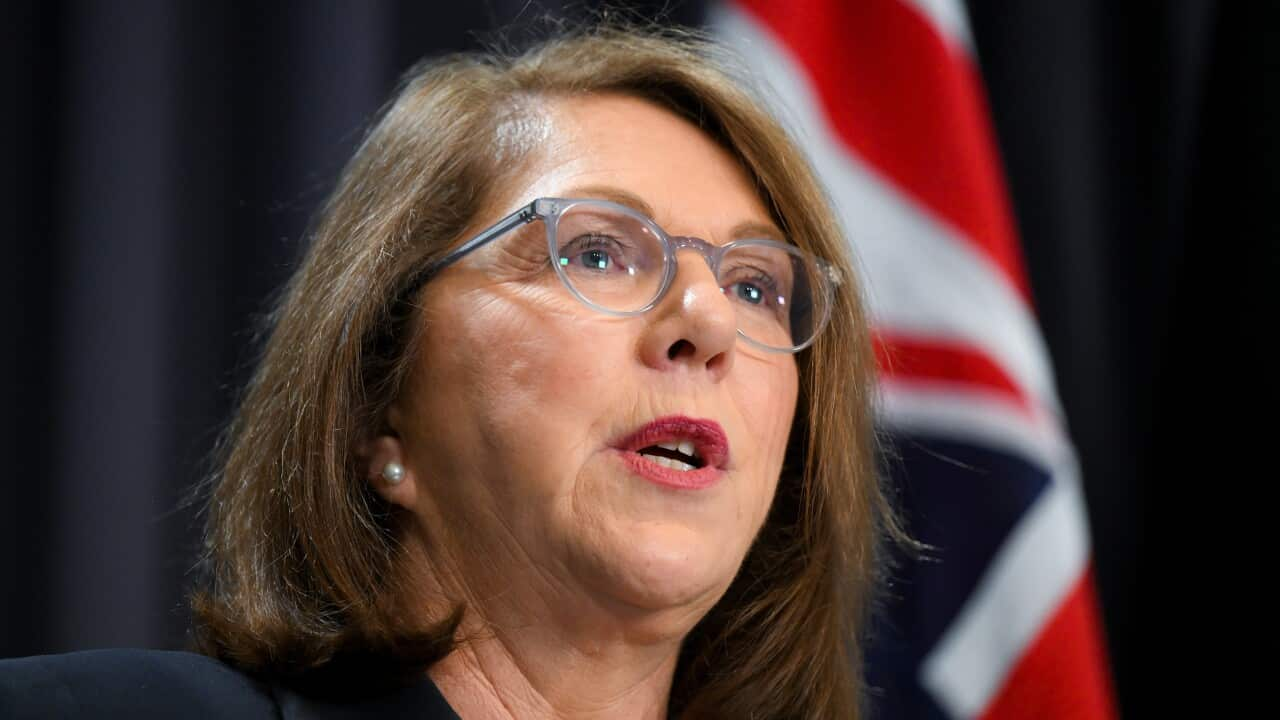Key Points
- Millions of households will get help with their electricity costs in this year's federal budget, Treasurer Jim Chalmers confirmed.
- An increase in Jobseeker unemployment payment could be on the cards.
- The government plans to pay for the new spending by collecting extra revenue from oil and gas companies.
Millions of Australians are being promised some relief from rising energy bills as part of cost of living measures in Tuesday's federal Budget.
Treasurer Jim Chalmers has confirmed to SBS News that 5.5 million households and 1 million small businesses will get help with their .
How much will you save on energy bills?
There's been some speculation it could be up to $500, but Mr Chalmers won’t confirm the exact figure ahead of the Budget.
He said it would be “several” hundred dollars and will differ for residents depending on which states and territories they live in.
He said it depends on what those state and territory governments contribute.
“It will be several hundred dollars in assistance for people to take some of the sting out of these high electricity bills that they've got,” the Treasurer said.
“It will be different in different parts of Australia because it depends on the energy price pressures, and how much the states and territories are prepared to kick in.”
Who will benefit from this bill relief?
There’s not a lot of detail about who exactly will benefit, but the Treasurer has pointed to people on pensioners and “payments” and small businesses as examples of groups under particular price pressure.
When pressed about the details Mr Chalmers said “people should tune in on Tuesday” when the budget was released.
In the election campaign, on their annual power bill.
But this is price relief, which isn’t the same thing as an actual cut in people’s overall power bill.
What about help for people on Jobseeker?
There has been speculation about a for people over 55, though that hasn’t been confirmed.
The government’s also been under pressure to consider relief on rents and other measures to help people who can’t pay mounting bills.
The Treasurer is raising expectations that Tuesday will provide reassurance beyond what’s been floated in media reports so far.
“What has been a focus in this budget and people will see on Tuesday is a substantial cost of living package which prioritises the people who are doing it toughest,” he told SBS News.
“It will have a number of elements. It will be more than what people have been speculating on and assuming so far.”
So how will all this be paid for?
Government coffers are likely to be bolstered with changes to the Petroleum Resource Rent Tax (PRRT), to collect more money from oil and gas companies.
The proposal is to force offshore gas projects to pay increased taxes and would bring in an extra $2.4 billion into the budget over the next four years.
“We're going to change the PRRT for offshore LNG projects," Mr Chalmers said.
"And the purpose of this change is to get a fair return for Australians sooner so that we can help fund the cost of living package at the same time as we recognise the issues around investment and supply and our international trading relationships.”
Will the government deliver a surplus next week?
The general consensus is that it could, and politically a small surplus would help fight off Opposition attacks over Labor’s financial management skills.
But as pressures in the community grow, groups agitating for more help are arguing that it won’t be palatable in the broader electorate for the government to bank the extra money when people are under such serious financial strain.
The Treasurer says those waiting on that figure will find out on Tuesday.













